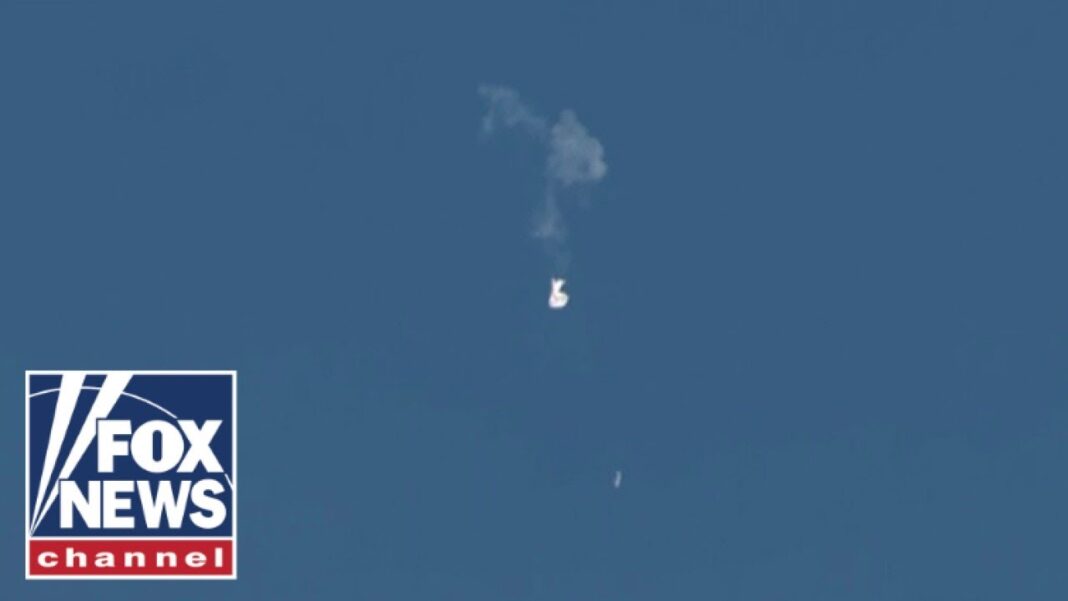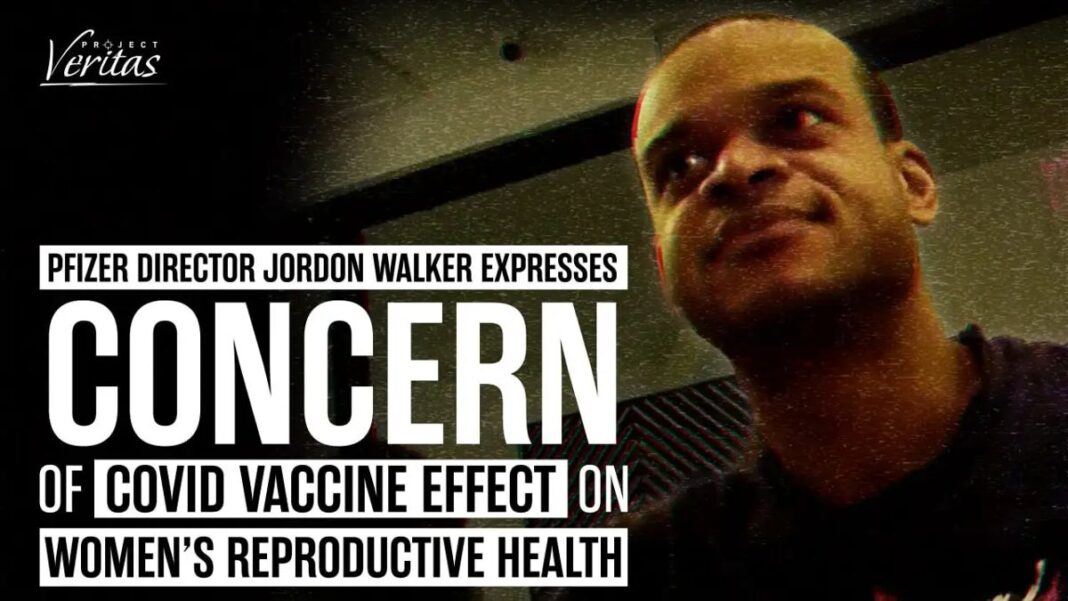KEY TAKEAWAYS
- The government wants to build charging stations all across the country—including in cold-weather states where electric vehicles are often impractical.
- Some states may see more EV purchases as a result of more charging stations, but EVs cannot defeat the laws of physics.
- Just as the federal government did not provide gas stations and Tesla charging stations, it should not be funding charging stations for EVs.
It’s winter, with high temperatures well below freezing in Jackson, Wyoming, and barely above freezing in Wyoming’s capital, Cheyenne.
Relying only on battery-powered electric vehicles in a cold climate takes courage because car batteries quickly lose their charge when temperatures are low. Yet the federal government wants to spend billions to build charging stations all across the country—including in cold-weather states where electric vehicles are often impractical.
Cold temperatures are one reason why, at the end of 2021 (the latest full year available), Wyoming had only 510 registered electric vehicles, or EVs. That’s one per every 1,135 people, compared to one per every 69 people in California and one per every 228 in Florida, according to the Energy Department.
Even so, Wyoming has been granted $27 million of the $7.5 billion that the new Infrastructure Investment and Jobs Act allocates to states to build electric vehicle charging stations. That works out to over $52,000 per EV in the state.
Wyoming is turning down the funds because the Cowboy State doesn’t want to be responsible for maintaining a system of charging stations spaced 50 miles apart, as called for by the Infrastructure Act. Wyoming asked for the charging stations to be located only on smaller highways in the tourist areas close to Yellowstone National Park and Grand Teton National Park, but the federal government refused.
As Congress considers raising the debt ceiling, such wasteful expenditures should be trimmed.
Three states in similarly cold climates will also get large per-vehicle subsidies, according to the Department of Transportation.
North Dakota has the fewest electric vehicle registrations in the United States: 380. It will receive $26 million for charging stations, or $68,000 per registered EV. Alaska, with $52 million, will get $40,000 per EV; and South Dakota will collect $43,000.
Those three states, like Wyoming, are cold-weather states. West Virginia, which has 1,010 EVs, will get $46 million, or $46,000 each.
California is getting a much larger allocation for its charging stations—$384 million over five years. Drivers in the Golden State use EVs, so the stations will at least get some use. On a per vehicle basis, this works out to $682 per registered EV.
But with California drivers piloting expensive Teslas and Hummers down sunny freeways, reasonable people might ask why electric charging stations for the well-off need to be provided by the taxpayer.
President Joe Biden believes that these public charging stations will encourage Americans to buy more electric vehicles. The White House announced, “President Biden’s leadership is mobilizing public and private charging investment to accelerate the adoption of EVs and create good-paying jobs across manufacturing, installation, and operation.”
Some states may see more EV purchases as a result of more charging stations, but EVs cannot defeat the laws of physics and are unlikely to be popular in cold climates.
Americans know that car batteries are susceptible to cold. Many of us have awakened on a cold winter morning to find our car batteries dead and in need of a jump start or a replacement. The American Automobile Association has a fleet of small vehicles whose sole purpose is to rescue troubled motorists in chilly situations.
A study by truck manufacturer Autocar shows that electric vehicles lose, on average, a third of their range in the winter, which reduces the typical 240-mile range to 160 miles. If a heat pump is added to the car, the loss is less, but still, the 240-mile range would shrink to 180.
Car results varied in the tests. The Fiat 500 42kWh Icon lost 40% of its range in the winter. The Ford Mustang Mach-E Extended Range RWD lost 35%, and the Porsche Taycan 4S Performance Battery Plus, with heat pump, lost 22%. (The Taycan retails for between $83,000 and $166,000, depending on features).
Gasoline-powered engines also work less efficiently in extreme cold, but the damage is not as great as with EVs.
Unless and until battery technology changes, electric vehicles are not year-round vehicles in cold climate states. In such states, only high-income individuals can afford the luxury of owning a vehicle that cannot be used efficiently for much of the year.
Elsewhere, most electric vehicles are expensive and largely owned by upper-income people. There is no need for average earners in Wyoming or elsewhere to subsidize higher-earners’ electric charging stations with their tax dollars.
It is wasteful for Congress to build charging stations in states where electric vehicles cannot be used many months of the year. Indeed, it’s foolish to spend money on “infrastructure” that benefits only wealthy people who do not need government support.
If tens of millions of dollars magically appeared with no strings attached in Wyoming or other cold-weather states, the money would almost certainly be put to a better use than electric charging stations. Individual states might instead build roads suitable for all vehicles or reduce taxes for residents and businesses.
Just as the federal government did not provide gas stations and Tesla charging stations, it should not be funding charging stations for EVs. It’s obvious that one of the worst uses of the funds is in Wyoming and other cold-weather states where EVs are generally impractical and unusable.
About Diana Furchtgott-Roth
Diana is director of the Center for Energy, Climate and Environment and the Herbert and Joyce Morgan Fellow.





